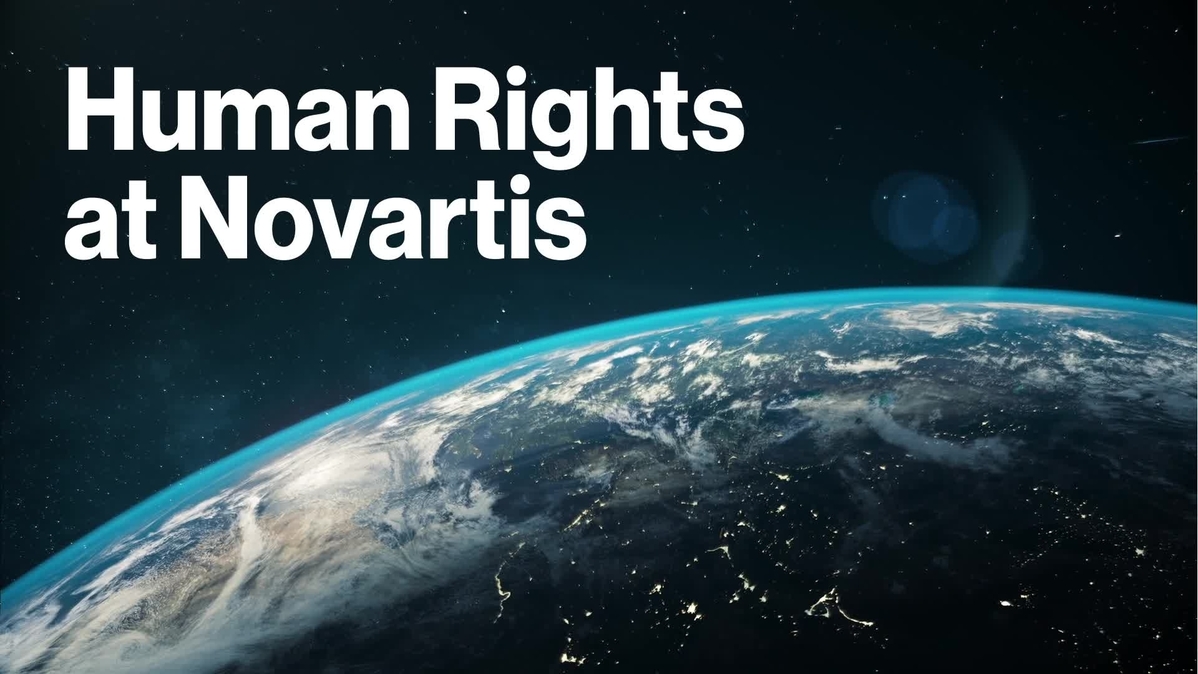External Partner Risk Management: Our approach to labor rights risk identification and management in our supply chain is through our External Partner Risk Management (EPRM) framework.
- The EPRM framework assigns all external partners a high, medium, or low labor rights risk through an automated tool that is based on country labor rights risks and procurement category risks.
- We conduct a screening for adverse alerts for all our external partners. Medium and high-risk external partners are required to complete a labor-rights focused Third Party Risk Questionnaire (TPQ), modeled along the labor rights requirements in our Third Party Code.
- On-site audits may be triggered after the TPQ assessment if there is verified evidence or strong indication of severe non-compliance with labor rights standards. These audits may be conducted by internal risk assurance teams or credible external auditors, including those approved by the PSCI or other recognized bodies.
- Should serious risks be identified during the risk assessment and audit process, external partners may be required to complete Corrective and Preventive Action Plans (CAPAs). Enforcement actions, including termination, may be applied to external partners that are unable to meet the requirement set out in a plan.
- For more details, see our Report on Nonfinancial Matters 2025(PDF 1.0 MB) and our other human rights reports (linked below under “Codes, policies and compliance reports”).
Labor Rights 2.0: In 2024, we launched Labor Rights 2.0, an evolution of our existing labor rights program. Labor rights 2.0 is guided by a commitment to strategic risk management that goes beyond transactional compliance to foster meaningful, sustainable engagement with our external partners. It continues to apply a risk-based approach, targeting higher risk external partners, with an enhanced "rightsholder" approach focusing on risks to people, particularly on protecting the most vulnerable workers in our supply chain. Through these principles, we seek to ensure regulatory compliance and the advancement of integrated risk assurance and greater operational efficiencies across our global labor rights risk landscape.
Worker Voice: We initiated a program involving direct engagement with external party workers through a digital “workers voice” platform. The program consists of survey questions, aligned with international compliance standards, that workers can answer anonymously through different channels in their local language. This allowed us to understand, directly from workers, which labor rights issues they find most concerning in their workplaces. We remain committed to turning these insights into action and are engaging directly with our external partners to address the labor rights concerns raised by workers.
Risks associated with foreign migrant labor: Recruitment practices involving foreign migrant workers is an area that can potentially carry risks of forced labor. Following a global risk mapping of our foreign migrant worker footprint, we are working with specific external partners in Asia employing foreign migrant workers to ensure their recruitment and employment practices are in line with our Third Party Code requirements and international responsible recruitment standards.
Risks in raw material sourcing: We have established a standalone risk area to assess and address human rights risks in our raw material supply chain, beyond our Tier 1 external partners. External suppliers of high-risk raw materials are required to complete a targeted questionnaire on details about their raw material sources and provide credible external human rights certifications. We recognize that a certification program will not mitigate all risk in these complex supply chains, but it does represent a first step toward mitigation given limitations on leverage and visibility beyond our direct (Tier 1) external partners, a challenge which we are working to analyze and improve.
 VIDEO
VIDEO


